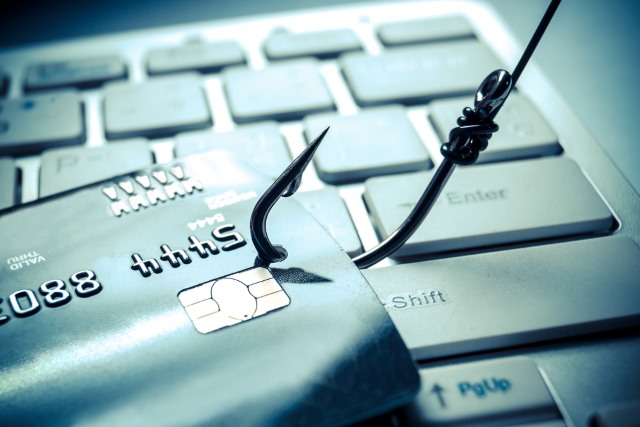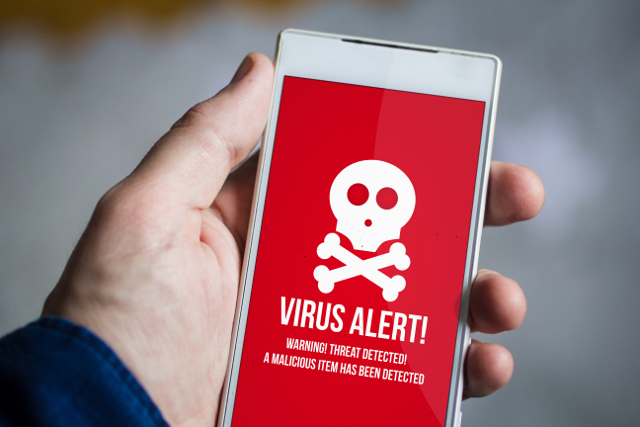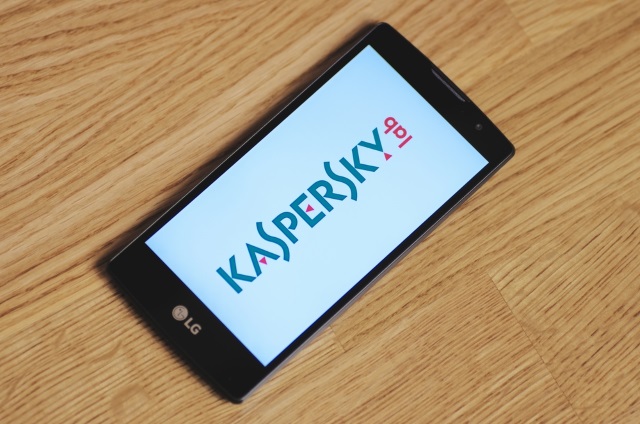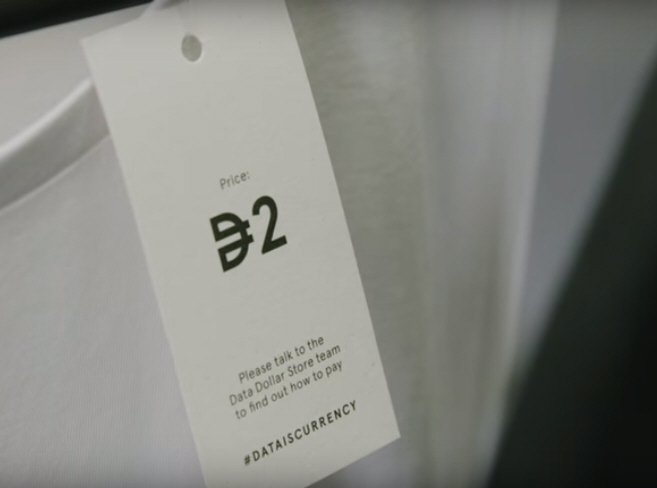
Flaws could turn smart cameras into data-stealing spy tools
Security vulnerabilities in some popular smart cameras, used as baby monitors and for security surveillance, could lead to them being exploited by hackers.
Research from Kaspersky Lab has found multiple issues with cameras, manufactured by Korean company Hanwha Techwin, that could allow attackers to obtain remote access to video and audio feeds from the cameras, remotely disable the devices and execute arbitrary malicious code on them.

Mobile ad Trojan numbers fall but monetization techniques improve
Advertising Trojans were the top mobile malware threat in 2016, however, new figures from Kaspersky Lab show their numbers declined last year but their creators turned to improved monetization methods.
Taking advantage of super-user rights to secretly install various applications or bombard an infected device with ads to make use of the smartphone impossible, ad trojans have become a major threat and are also extremely difficult to detect and remove.

Ransomware gives way to miners as cyber criminals follow the money
Cyber criminals have started using sophisticated infection methods and techniques borrowed from targeted attacks in order to install mining software on attacked PCs within organizations says Kaspersky Lab.
Some 2.7 million users have been attacked by malicious miners in 2017, according to Kaspersky's data. That's around 50 percent higher than in 2016 (1.87 million). But at the same time ransomware attacks have seen a decline.

Financial targets account for more than half of phishing attacks
More than half of phishing attacks in 2017 were aimed at getting hold of financial information according to a new report.
Kaspersky Lab's anti-phishing technologies detected more than 246 million user attempts to visit different kinds of phishing pages, with 54 percent being attempts to visit a financial-related website, compared to 47 percent in 2016.

Kaspersky reveals details of extraordinarily powerful Android trojan, Skygofree
Security firm Kaspersky Lab has revealed details of a highly-sophisticated Android trojan that takes advantage of multiple vulnerabilities to gain full control of a device. Skygofree has capabilities that have never been seen in the wild before.
In the malware's arsenal of weapons is the ability to track user location, record audio, connect to attacker-controlled networks, monitor messaging apps, intercept text messages, take photographs, and much more. Kaspersky says its capabilities are "reminiscent of Hollywood spy movies."

Currency mining Android Trojan can kill your phone
Researchers at cyber security company Kaspersky Lab have discovered a new Android mobile Trojan called Loapi.
It uses a modular architecture, allowing functions to be added to the software so it can be used for anything from crypto currency mining to DDos attacks. Crucially though Loapi can create such a heavy workload on an infected device that the battery overheats and destroys the phone.

Kaspersky sues Trump administration over government software ban
US concerns about links between Kaspersky Labs and the Russian government led to a ban on the security software being used on US government computers. The ban was only recently signed into law by Donald Trump, and now Kaspersky has filed a lawsuit against the Department of Homeland Security in response.
Kaspersky Labs is asking a federal court to overturn Trump's ban. The Moscow-based company maintains that it does not have links to the Kremlin, and has published an open letter saying that it had not been afforded "adequate due process" and that the US government's decision was based on flawed information.

UK government turns against Russian software
There have been concerns about Russian security firm Kaspersky in the US for some time, and now these fears have spread across the Atlantic to the UK. The director of the UK National Cyber Security Centre (NCSC) has issued a warning that no Russian-made security software should be used on systems that could represent a national security threat if accessed by the Russian government.
Ciaran Martin's warning comes after the US government banned the use of Kaspersky software on its computer systems, but the UK security director says that talks are underway with Kaspersky Lab with a view to setting up a review process for its software.

Kaspersky says it accidentally obtained secret NSA files from a US computer
Earlier in the month, news emerged that Kaspersky software had been used by Russian hackers to identify and steal sensitive NSA files from a US computer. Following the revelation, Kaspersky Lab started an investigation, and now the company has published its findings.
Kaspersky concedes that its software had indeed identified classified NSA data -- specifically a hacking tool -- but says that it was unintentional. The unearthed source code was attributed to the Equation Group, and company head Eugene Kaspersky ordered the code be destroyed when the matter was reported to him.

Kaspersky's new 'global transparency initiative' aims to rebuild trust by submitting source code for review
Kaspersky software was recently banned from US government computers over fears that the security company has links to the Russian government. This is something Kaspersky vehemently denies, and now it has announced a new "global transparency initiative" to try to win back trust.
Part of the newly transparent Kaspersky will see the company submitting source code for current and future software to "the broader information-security community and other stakeholders." It is hoping that the scrutiny will put to bed ideas that it has been engaged in espionage with the Russian authorities.

Report: Russian hackers stole NSA files after identifying them using Kaspersky software
A report by the Wall Street Journal suggests that Russian hackers used Kaspersky software to identify sensitive NSA files -- which they then stole.
The security breach dates back to 2015, and it was made possible when a National Security Agency contractor copied sensitive files to his own computer. Hackers were then able to identify these files because of the contractor's use of Kaspersky software.

Art for data's sake -- pop-up shop takes personal information as payment
Cyber security company Kaspersky Lab has been running an interesting experiment in London with a shop that only accepts personal data as payment.
The Data Dollar Store provided shoppers with the opportunity to get their hands on exclusive prints and artwork by street artist Ben Eine. The difference came at the checkout where the only way to pay was with Data Dollars -- a new currency created by Kaspersky Lab that consists of a customer's personal data held on smartphones such as images, video or texts.

Kaspersky software banned from US government systems over concerns about Russia
The Department of Homeland Security has told US government agencies to remove Kaspersky software from their systems. The directive was issued because of concerns about influence exerted over the company by the Russian government.
Government agencies have been given three months to identify and start to remove Kaspersky's security products. Kaspersky has constantly denied connections to the Russian government, but the US is simply not willing to take the risk.

FBI wants US businesses to stop using Kaspersky software
The FBI has admitted that it is actively discouraging businesses to not use security products from Kaspersky Lab.
Rob Joyce, the US government's Cyber Security Coordinator, said that the agency has been actively trying to convince companies in the private sector to no longer use products from the Russian security firm following a number of recent concerns.

Kaspersky Secure Connection VPN service is free, but Android users aren't happy with the permissions it requires
In a time when people are more concerned about privacy than ever, security tools such as VPNs are proving increasingly popular. Kaspersky Lab recently released a VPN tool for Android, and reviewers are voicing concerns about the permissions required by the app.
Kaspersky Secure Connection: VPN service has a reasonable overall review score at time of writing, but the lower scores are highly critical of what are seen as privacy-invading permission requirements.
